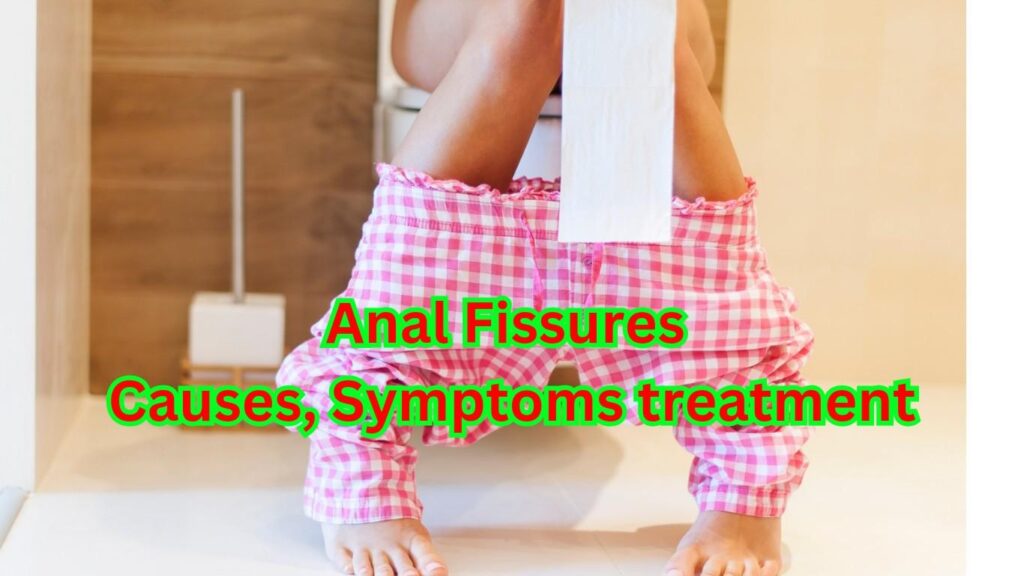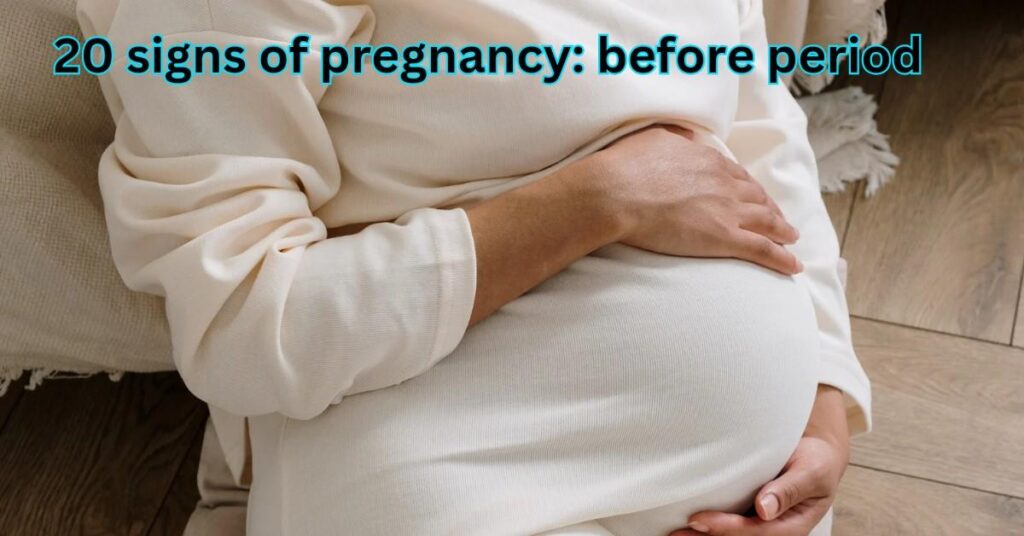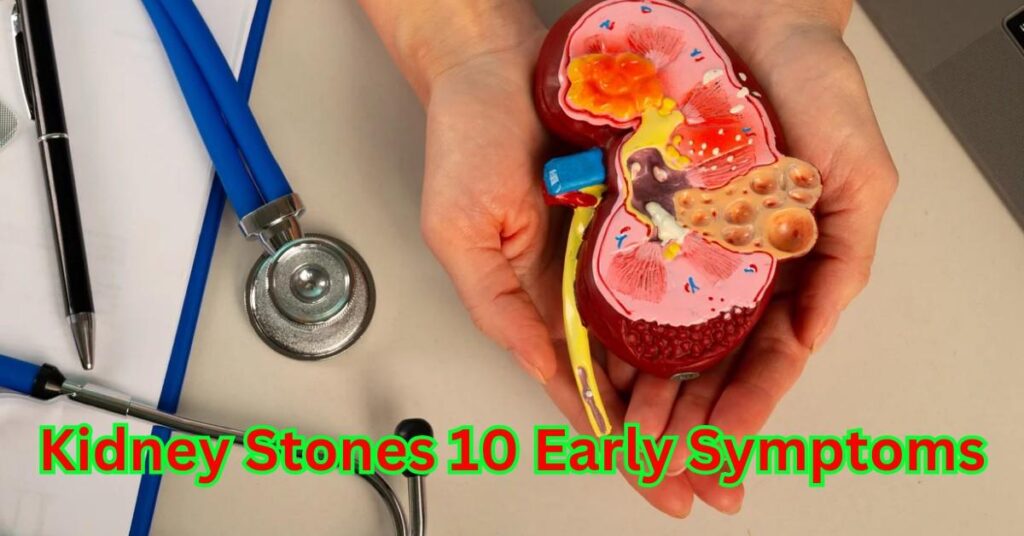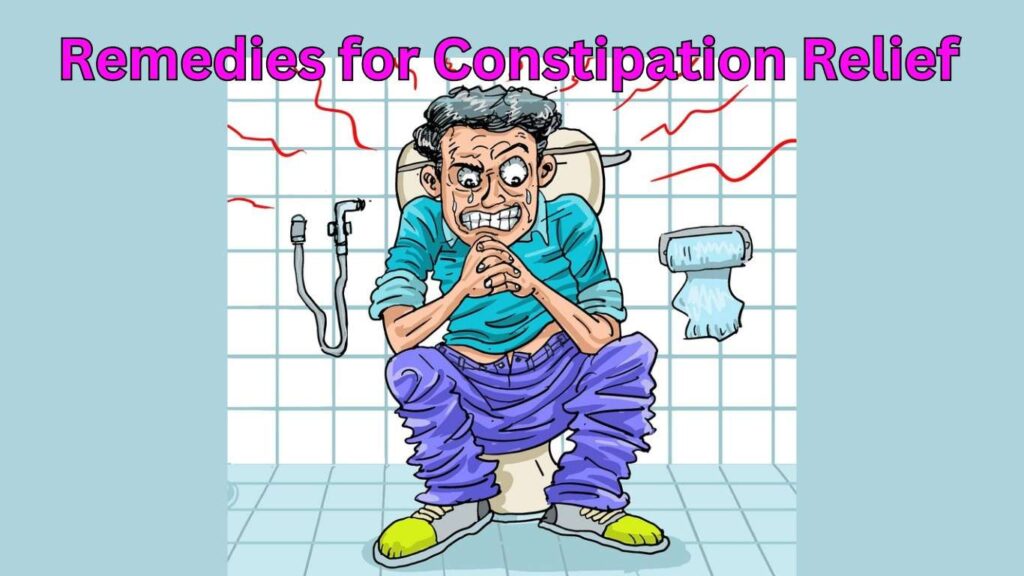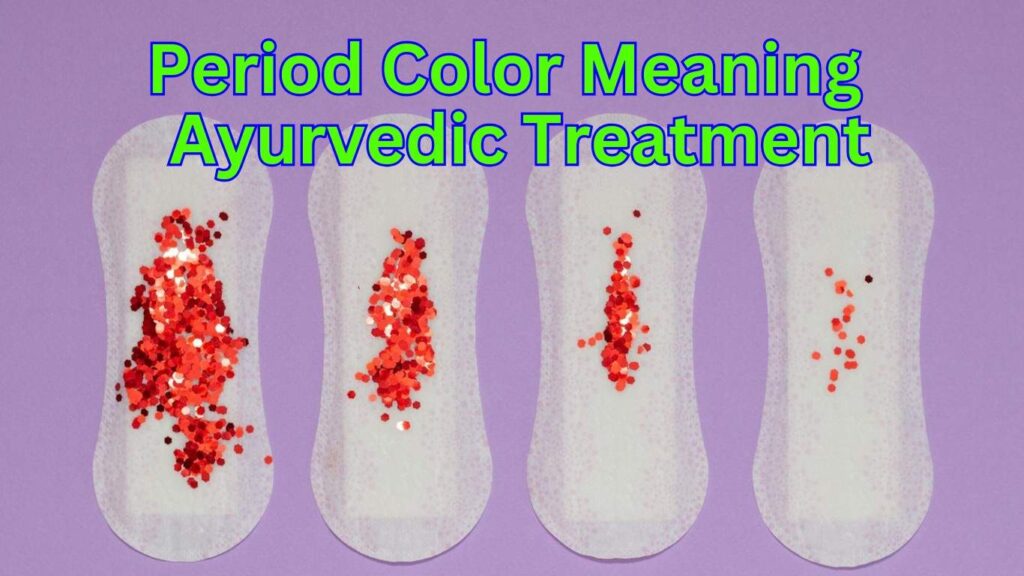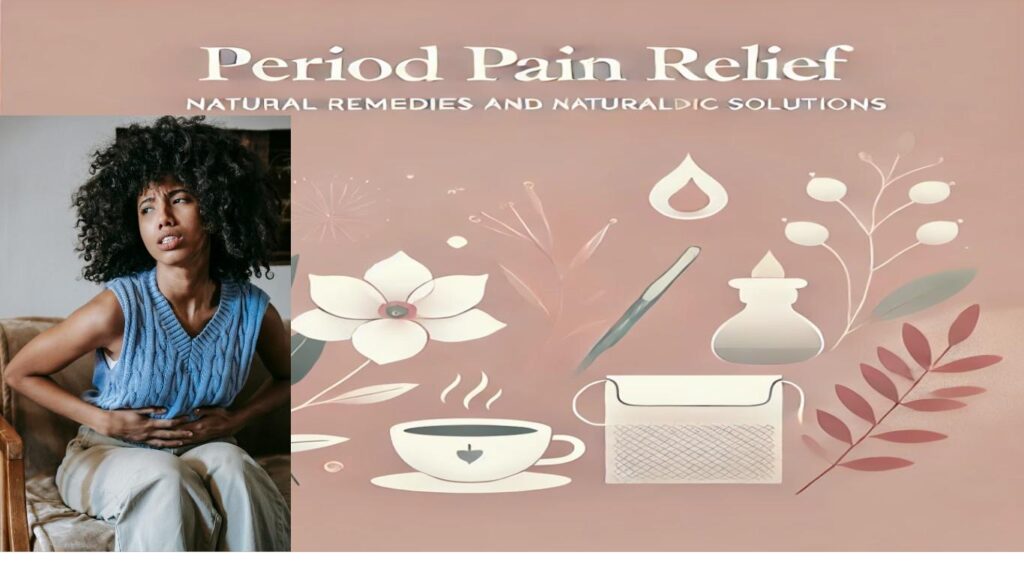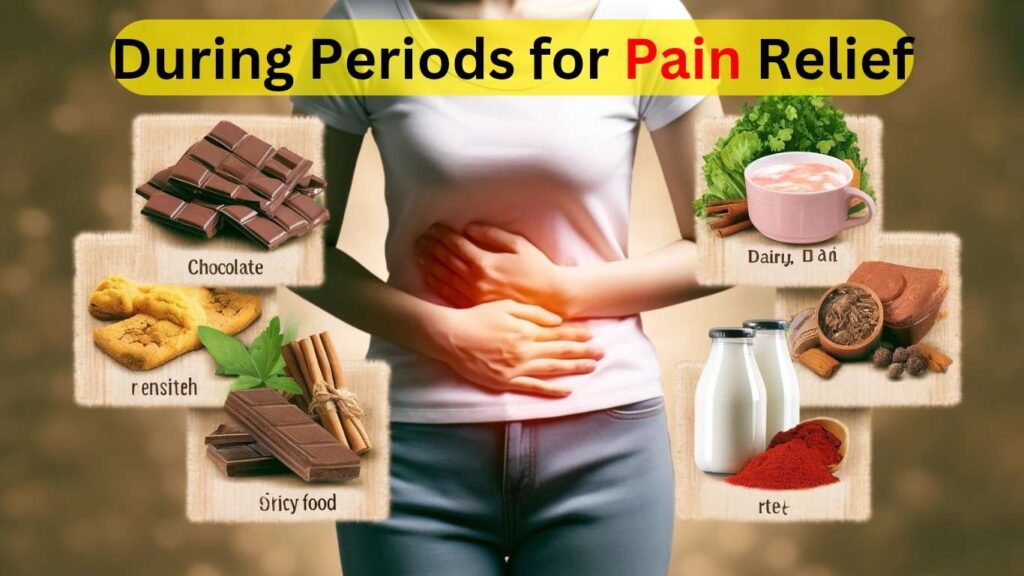Anal Fissures: Causes, Symptoms, and Treatment
Anal fissures are a common yet painful condition characterized by small tears or cracks in the lining of the anus. These fissures can cause significant discomfort during bowel movements and may lead to bleeding. Understanding what causes anal fissures and how to treat them effectively is crucial for individuals suffering from this condition. In this article, we will explore the causes, symptoms, and available treatments for anal fissures, focusing on natural remedies and preventive measures.
What Are Anal Fissures?
Anal fissures are small tears in the mucosal lining of the anus, often caused by trauma to the area. This condition can affect anyone, from infants to the elderly, though it is particularly common in adults with chronic constipation or those who engage in strenuous bowel movements. Fissures can be acute (short-term) or chronic (long-term) and often lead to pain, irritation, and rectal bleeding.
What Causes Anal Fissures?
While the exact cause of anal fissures varies from person to person, several common factors are known to trigger this condition:
1. Constipation and Straining
One of the leading causes of anal fissures is chronic constipation. When stools are hard or dry, they can cause trauma to the anus as they pass through, leading to fissures. Straining during bowel movements increases the risk, as excessive pressure damages the anal lining.
2. Diarrhea
On the other end of the spectrum, frequent diarrhea can also irritate the anal lining, increasing the likelihood of developing fissures. Diarrhea leads to more frequent bowel movements, which can cause friction and wear down the delicate tissues of the anus.
3. Childbirth
Women are particularly susceptible to anal fissures after giving birth. The physical strain of childbirth can cause trauma to the anal area, leading to tears. Additionally, postpartum constipation, common among new mothers, exacerbates the risk of fissures.
4. Inflammatory Bowel Diseases (IBD)
Conditions such as Crohn’s disease and ulcerative colitis, which cause chronic inflammation of the gastrointestinal tract, can lead to anal fissures. Inflammation weakens the anal lining, making it more prone to tears.
5. Tight Anal Sphincter Muscles
Individuals with overly tight or spasmodic anal sphincter muscles are more likely to develop fissures. The increased muscle tension creates additional pressure during bowel movements, contributing to the development of fissures.
Symptoms of Anal Fissures
The symptoms of anal fissures can range from mild to severe, depending on the extent of the tear and its location. Common symptoms include:
- Sharp Pain During Bowel Movements: Many individuals describe the pain of anal fissures as feeling like passing glass.
- Bright Red Blood: Blood on toilet paper or in the stool is a common symptom of fissures.
- Itching and Irritation: The area around the anus may feel itchy or irritated due to the tear.
- Visible Tear: In some cases, the fissure is visible as a small crack in the skin near the anus.
Diagnosis of Anal Fissures
Diagnosing anal fissures is typically straightforward. A healthcare provider will perform a physical examination of the anal area to identify any tears or visible fissures. In some cases, further tests, such as a colonoscopy or sigmoidoscopy, may be recommended to rule out underlying conditions like inflammatory bowel disease.
Treatment for Anal Fissures
While most anal fissures heal on their own within a few weeks, chronic fissures may require medical intervention. Here are some effective treatment options:
1. Increase Fiber Intake
A fiber-rich diet is essential for preventing constipation and promoting healthy bowel movements. Foods high in fiber help soften stools, making them easier to pass without causing strain on the anal area. Include foods like:
- Whole grains (oats, bran, brown rice)
- Fresh fruits (apples, pears, berries)
- Vegetables (broccoli, spinach, carrots)
- Legumes (lentils, beans, chickpeas)
2. Stay Hydrated
Drinking plenty of water is crucial to keeping stools soft and preventing constipation. Adults should aim to drink at least 8-10 glasses of water daily, especially those prone to constipation.
3. Use Stool Softeners or Laxatives
Over-the-counter stool softeners or fiber supplements (such as psyllium husk or methylcellulose) can be helpful in softening stools, making bowel movements easier. Laxatives should be used under the guidance of a healthcare provider.
4. Sitz Baths
A sitz bath involves sitting in warm water for 10-15 minutes, several times a day, particularly after bowel movements. This helps soothe the affected area, reduce inflammation, and promote healing.
5. Topical Treatments
Topical anesthetics, such as lidocaine, can help numb the area and relieve pain. Additionally, applying nitroglycerin ointment may help relax the anal sphincter muscles, reducing pressure on the fissure and promoting healing.
6. Avoid Straining
Avoid excessive straining during bowel movements by taking your time and not forcing stools to pass. It’s helpful to develop healthy bowel habits and use the bathroom when you feel the urge, rather than holding it in.
7. Coconut Oil
Applying coconut oil to the affected area can help moisturize and soothe the skin, promoting faster healing. Coconut oil has natural anti-inflammatory properties that reduce discomfort.
8. Aloe Vera Gel
Aloe vera gel is known for its soothing properties and can be applied to the fissure to reduce irritation and support the healing process.
9. Botulinum Toxin (Botox)
For chronic fissures that do not heal with conservative treatments, Botox injections may be an option. Botox works by relaxing the anal sphincter muscles, reducing tension, and allowing the fissure to heal.
Surgical Options for Chronic Fissures
If non-surgical treatments fail, a healthcare provider may recommend surgical options such as lateral internal sphincterotomy. This procedure involves making a small incision in the anal sphincter muscle to reduce tension and promote healing. This surgery has a high success rate and is usually performed on an outpatient basis.
Preventing Anal Fissures
Prevention is key to avoiding the recurrence of anal fissures. Some tips to reduce your risk include:
- Maintain a High-Fiber Diet: Regularly eating high-fiber foods can prevent constipation and reduce the risk of fissures.
- Hydrate: Drinking plenty of fluids helps keep stools soft.
- Exercise Regularly: Physical activity promotes digestive health and can prevent constipation.
- Practice Proper Bowel Habits: Avoid holding in bowel movements and try not to strain when using the bathroom.
When to See a Doctor
If your anal fissures do not heal within a few weeks or if the pain and bleeding worsen, it’s important to see a healthcare provider. Chronic fissures can lead to complications such as infection or the formation of scar tissue, which may require medical treatment.
Frequently Asked Questions (FAQ) about Anal Fissures
1. How long do anal fissures take to heal?
Most anal fissures heal on their own within 4 to 6 weeks, especially with proper care, including a high-fiber diet and hydration. However, chronic fissures, which last for more than 8 weeks, may require medical treatment such as topical creams or surgery.
2. Do anal fissures itch?
Yes, anal fissures can cause itching, particularly as the area begins to heal. The irritation and inflammation from the tear often lead to discomfort and itching, but scratching should be avoided to prevent further damage.
3. Are anal fissures common?
Yes, anal fissures are quite common, affecting people of all ages, from infants to adults. Factors like constipation, diarrhea, and childbirth can contribute to the development of fissures, making them a widespread issue.
4. Are anal fissures dangerous?
Anal fissures are not typically dangerous, but they can cause significant pain and discomfort. If left untreated, chronic fissures can lead to complications, such as infection or the formation of scar tissue, which may require more intensive treatment.
5. Do anal fissures bleed?
Yes, bleeding is a common symptom of anal fissures. You may notice bright red blood on toilet paper or in the stool after a bowel movement. This bleeding occurs due to the tear in the lining of the anus.
6. How to fix anal fissures?
To fix anal fissures, you can:
- Increase fiber and water intake to soften stools.
- Use sitz baths to reduce inflammation and soothe the area.
- Apply topical treatments like lidocaine for pain relief and nitroglycerin ointment to relax the sphincter muscles.
- In some cases, medical treatments such as Botox injections or surgery may be necessary for chronic fissures.
7. Can an anal fissure heal on its own?
Yes, many anal fissures can heal on their own with conservative care, such as increasing fiber intake, staying hydrated, and avoiding straining during bowel movements. However, if the fissure does not heal within a few weeks, medical treatment may be required.
8. Is it okay to live with fissures?
While it’s possible to live with fissures, doing so can significantly impact your quality of life due to pain, discomfort, and bleeding. Chronic fissures should be treated to prevent complications and to improve overall well-being. It’s recommended to consult a healthcare provider if symptoms persist or worsen.

